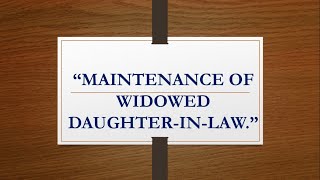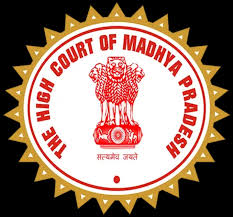1. We have heard learned Counsel for the petitioner.
2. The allegation against the petitioner was that he had obtained government employment by furnishing a forged mark-sheet showing that he had obtained 738/900 marks in I.A. Exam. 1990, whereas the actual marks obtained by him at the said examination were only 407/900.
3. On that allegation the services of the petitioner were dispensed with. The petitioner filed a claim petition, which was remanded with the direction that an enquiry should be conducted. Thereafter a show cause notice was given to the petitioner with regard to the aforesaid allegation.
4. In response to the show cause notice, the petitioner did not factually rebut the allegation but merely kept adopting dilatory tactics saying that his matter was pending before the High Court.
5. In the circumstances, the dismissal order was reiterated saying that it was not �reasonably practicable� to hold enquiry.
6. The matter was again challenged before the Central Administrative Tribunal which declined to interfere by the impugned order.
7. Learned Counsel for the petitioner has relied upon the case of Tarsem Singh v. State of Punjab and Ors. (2006) 13 S.C.C. 581 for the proposition that enquiry cannot be dispensed with on the ground that it is not �reasonably practicable� unless reasons thereof are spelt out and dispensing with the enquiry on the aforesaid ground without proper basis would be violative of Article 311(2) of the Constitution of India.
8. However, we find from the impugned order of the Central Administrative Tribunal that reliance has been placed on another decision of the Supreme Court in the case of
9. Despite this decision, we are of the opinion that even if Article 311 of the Constitution is not attracted ,the principles of natural justice have to be complied with before returning a finding that such appointment has actually been obtained by fraud.
10. Unfortunately, in the present case, we find that opportunity, in accordance with the principles of natural justice, was given to the petitioner but it was not availed by the petitioner who kept avoiding factually rebutting the allegation, by saying that his matter is pending before the High Court.
11. In the circumstances, we are of the opinion that the interference has been rightly refused by the Central Administrative Tribunal.
12. On the facts mentioned above, we are not inclined to interfere with the order passed by the Central Administrative Tribunal in our discretionary jurisdiction under Article 226 of the Constitution of India.
13. The writ petition is accordingly dismissed.

